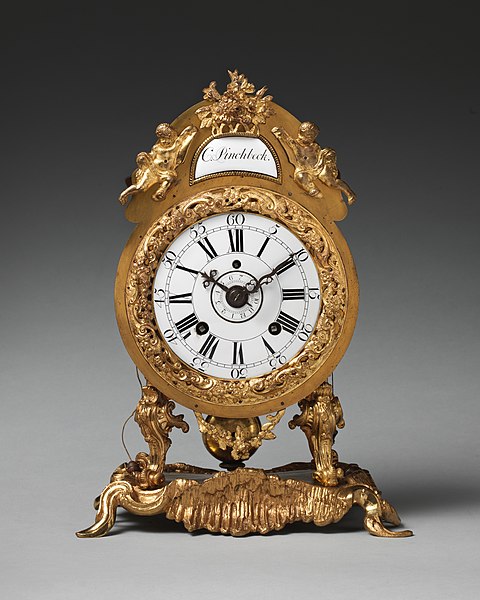settings
1984 vocabulary
189 vocabulary words, including people, places, music, artists, etc.
help & settings
[x]
-
pinchbeck
-
► definition
Definition:a form of brass, an alloy of copper and zinc, mixed in proportions so that it closely resembles gold in appearance. It was invented in the 18th century by Christopher Pinchbeck, a London clockmaker. Since gold was only sold in 18-carat quality at that time, the development of pinchbeck allowed ordinary people to buy gold 'effect' jewellery on a budget. The inventor allegedly made pinchbeck jewellery clearly labelled as such. Pinchbeck jewellery was used in places like stagecoaches where there was a risk of theft. Later dishonest jewellers passed pinchbeck off as gold; over the years it came to mean a cheap and tawdry imitation of gold.Pinchbeck is typically composed of copper and zinc in ratios of 89% copper to 11% zinc; or 93% copper to 7% zinc.text from Wikipedia, licensed under Creative Commons - Attribution - Sharealike
► uses
Uses:
Coggan carried an old pinchbeck repeater which he had inherited from some genius in his family; and it now struck one. He lighted another match, and examined the ground again.
Thomas Hardy. Far from the Madding Crowd (1874)
---
a pinchbeck locket containing a strand of some long-dead baby’s hair
George Orwell. 1984 (1949)
---
they happen to have paid forty or fifty dollars for a fac-simile of her diamond ring—a fac-simile made out of real pinch-beck and unquestionable paste.
Edgar Allan Poe. The Works of Edgar Allan Poe — Volume 4: Diddling (1843)

